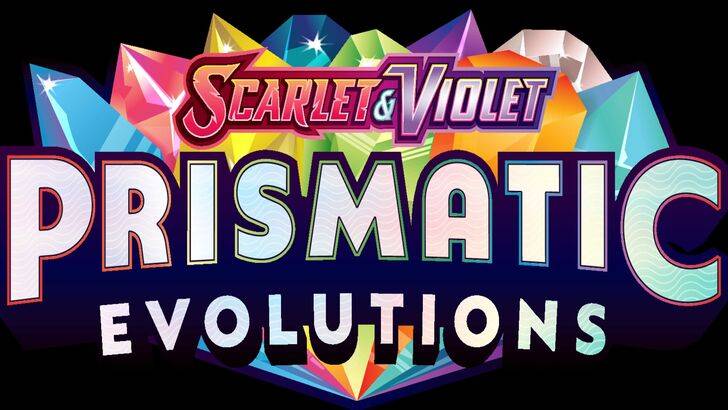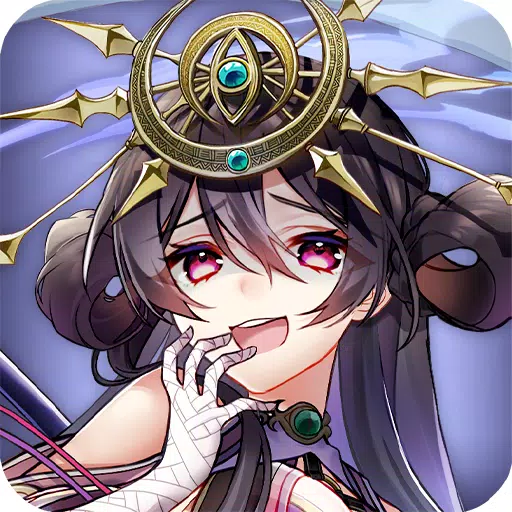In the ever-evolving landscape of role-playing games (RPGs), the debate over turn-based versus action-oriented mechanics continues to captivate enthusiasts. The recent release of *Clair Obscur: Expedition 33* has reignited this conversation, showcasing the enduring appeal of turn-based systems. This game, launched to critical acclaim, proudly embraces its roots, drawing inspiration from classics like Final Fantasy VIII, IX, and X, as well as integrating elements from FromSoftware's *Sekiro: Shadows Die Twice* and the playful mechanics of *Mario & Luigi*.
In an interview with RPGsite, producer Francois Meurisse emphasized that *Clair Obscur: Expedition 33* was designed as a turn-based game from the outset. The game features a turn order, Pictos to equip and master, zoned-out "dungeons" to explore, and an overworld map, elements that pay homage to its predecessors. What sets it apart is its innovative approach to blending traditional turn-based strategy with action-oriented quick-time events for attacks and defensive maneuvers like parrying and dodging.
The success of *Clair Obscur: Expedition 33* has sparked discussions on social media, with many citing it as a testament to the viability of turn-based RPGs. This is particularly poignant in the context of the Final Fantasy series, which has increasingly adopted action-based mechanics in recent entries such as Final Fantasy XV, XVI, and the VII remake series. Naoki Yoshida, during the media tour for Final Fantasy XVI, highlighted the shift towards action-based systems, citing changing player preferences, especially among younger audiences.
However, the narrative is more complex than a simple shift away from turn-based games. Square Enix continues to support the genre with titles like *Octopath Traveler 2*, *SaGa Emerald Beyond*, and the upcoming *Bravely Default* remaster for Switch 2. These games demonstrate that turn-based RPGs still have a place in the market and can achieve both critical and commercial success.
While some fans might argue that *Clair Obscur: Expedition 33* represents what Final Fantasy "should" be, it's important to recognize the distinct identity and aesthetic of each franchise. *Clair Obscur* stands out not just for its inspirations but for its unique contributions to the genre, including its innovative combat system, compelling soundtrack, and thoughtful world-building.
The commercial success of *Clair Obscur: Expedition 33*, with 1 million sales in just three days, underscores the potential of well-crafted turn-based RPGs. Other recent successes like *Baldur's Gate 3* and *Metaphor: ReFantazio* further illustrate that there is a robust audience for these games. Yet, the expectations for a series like Final Fantasy are different, often requiring higher sales figures to meet Square Enix's standards.
The broader gaming industry's dynamics, including the rising costs and extended development times for major franchises, also influence these decisions. Final Fantasy XVI and FF7 Rebirth, for instance, faced challenges in meeting profit expectations, reflecting broader trends rather than a rejection of turn-based systems.
Ultimately, the lesson from *Clair Obscur: Expedition 33* is the value of authenticity and innovation within the genre. As Larian CEO Swen Vincke noted about *Baldur's Gate 3*, success comes from creating a game that the team is passionate about. This approach, rather than rehashing old debates, offers a constructive path forward for the RPG genre, celebrating both its roots and its potential for evolution.














